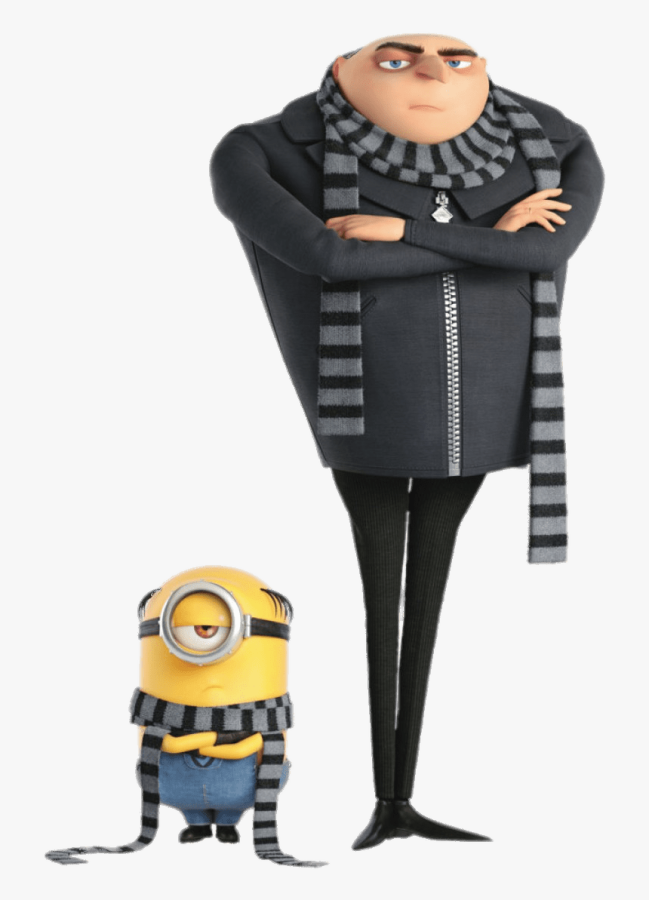What is a Villain?
February 27, 2023
- What is a villain?
Before you can learn How to write a great villain, you should know what a villain is. The simple definition of a villain is the antagonist of a story whose actions or goals go against or contradicts the protagonist’s goals. But in truth, a villain should be an opposing mirror to a hero in a story, like a terrible truth of what the hero in a story could become if they go down the wrong path. An example of this excellent villain-hero relationship would be Darth Vader and Luke Skywalker. Darth Vader is a great villain because he shows what Luke Skywalker could become if he succumbs to hate since the whole theme of Darth Vader’s character is hate and how it can ruin one’s life.
- Characteristics of a great villain:
Now that you know what a villain is, you should learn some things that can help you write a great villain. First, a solid connection to the hero in a story can be a significant factor when creating a great villain. For example, suppose a villain has some history or connection to a hero. In that case, this can create suspense and tension for now; you have a villain with a more personal conflict with the hero, which can easily heighten a story’s stakes and grab the audience’s attention into the account you are creating with this villain. It’s important to note that your villain does not have to know your hero directly. Your villain’s connection with your hero could be as simple as conflicting ideals or different interpretations of how the world should be. It’s important to know when creating a villain to not be worried too much about the idea that the villain has to be like a family member or has to have close relationships with the hero for all that matters is the fact that the villain’s connection to the hero is strong, well developed and most importantly believable.
Another characteristic that makes a great villain is clear morality. While a villain may be evil, the villain is still a person with thoughts and feelings and perhaps even people they care about, and all these things make a villain seem more like a natural person than just some deranged lunatic. So the reason it’s crucial to give a villain morality is that if all a villain does is hurt people without clear justification, then you’re just creating a not-so-complex or deep maniac that is not compelling. When a villain has morality, it allows the audience to understand the villain on an emotional level and makes the audience even sympathize with the villain at times. In addition, having a villain with morality can create fascinating situations with your hero and your villain. So It’s a good idea to give your villain morality because it allows them to become deep and complex characters and their relationship with the hero to be more genuine and exciting.
The final characteristic that a villain should have is being a worthy opponent for the hero. This is important because if a villain is very weak and foolish, the villain will not be compelling and will be more of a joke than a real threat. But when a villain is near equal to your hero or even more powerful than the hero. The villain suddenly becomes a dangerous threat for now; the villain is a true challenge for the hero and a compelling character.
- Conclusion on writing a great villain
So now you know that to write a great villain, the villain should have a connection to the hero, have a sense of morality, and be a worthy opponent to your hero. There are mainly three types of villains that exist in fiction, the first being the pure evil villain who does not have morality but is so incredibly menacing that his lack of a sense of morality is not a problem because he is such a cool and compelling character for just being the embodiment of evil. The second type of villain in fiction is the comedic villain, played mainly for laughs but can still be dangerous and a general threat to the story’s protagonist. The third and final villain of fiction is the complex villain with all the characteristics of a great villain. This type of villain is usually the hero of their own story. While the other two types of villains are mainly just irredeemable monsters, the complex villain truly believes they are in the right and is a compelling character for that ideology. As you have seen, some villain types don’t have much morality or are not super serious, which is fine because a villain does not always have to be super complex. Sometimes they can be your classic mustache-twirling villain and yet still be a compelling villain for all that matters when creating a villain is that you remember that they should be a character and not just something that is one note for even evil people are still people with complex emotions and ideologies. So, a great villain does not need to be a super complex character but rather a meaningful one with an exciting personality and ideology.
